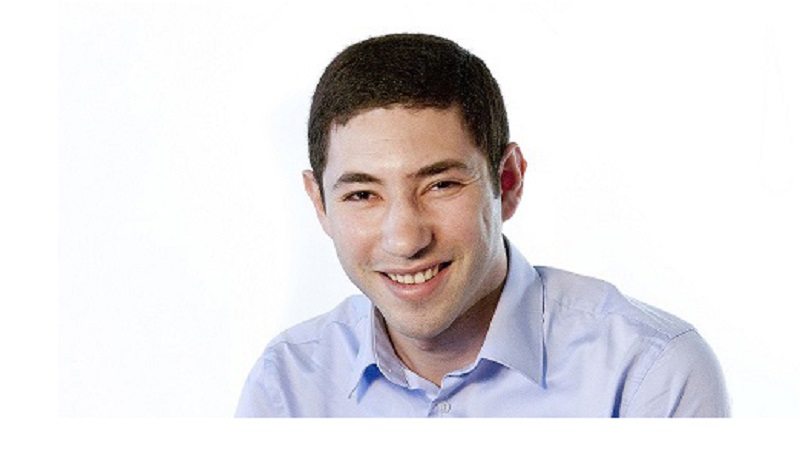Published:

A leading scientist at Heriot-Watt University has been selected for a prestigious fellowship for his sophisticated work in smart imaging technology.
Assistant Professor Abderrahim Halimi received a fund from the Royal Academy of Engineering for a fellowship, called Advanced Computational Methods for Smart and Extreme Imaging.
Over the next five years, Dr Halimi who is based in the University's Institute of Sensors, Systems and Signals, will use the award to help develop an imaging software that can capture highly detailed 3D or even higher dimensional images in challenging environments.
The software proposes an adaptive sampling scheme that improves the acquisition by focussing on regions of interest of the scene. It also uses advanced statistical algorithms to process, at speed, the acquired data and reveal hidden objects that could not be seen using classical approaches. For example, when taking a picture of a hillside on a foggy day, the new system would be able to determine in accurate detail, how the landscape appears beyond the fog.
Assistant Professor Abderrahim Halimi said: “This will be a cutting-edge imaging technology capable of revolutionising how we see the world.
"To receive this funding from the Royal Academy of Engineering is a great honour and will contribute massively to the success of the overall project.
“The project will be carried out in Heriot-Watt University, which is an ideal host combining world-leading teams in developing imaging methodologies and systems. It is my pleasure to continue my work here and contribute to the world-leading position of the university."
The proposed imaging approach holds an exciting range of possibilities to the commercial sector including security, environmental sciences, the oil and gas industry, and even biology.
Assistant Professor Halimi continued: “In the future, this technology might be used in the development of autonomous vehicles to help identify obscured hazards.
“We hope the proposed computational methods may even be used by satellites by improving current studies of the oceans and working out sea depths from space as well as wave height and delivering a 3D view on the impact of global warming.
“It might also be used to carry out detailed inspection of underwater gas pipes, even in low-light conditions.”
Assistant Professor Abderrahim is working in collaboration with a team of colleagues from the University's Institute of Sensors, Systems and Signals (ISSS), the Institute of Photonics and Quantum Sciences (IPAQS) and the Institute of Biological Chemistry, Biophysics and Bioengineering (IB3).
The Royal Academy of Engineering brings together the most talented and successful engineers to advance and promote excellence in engineering for the benefit of society.